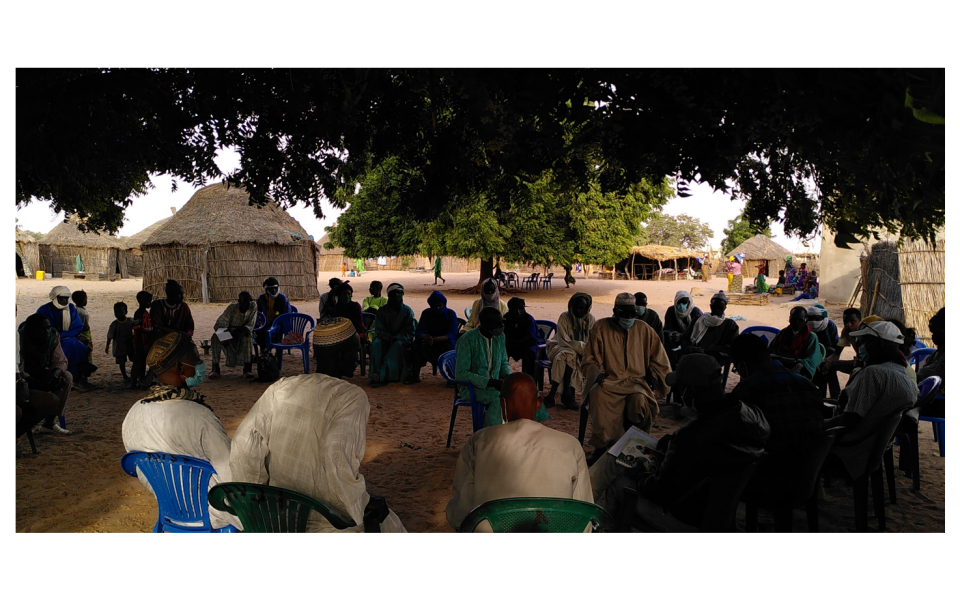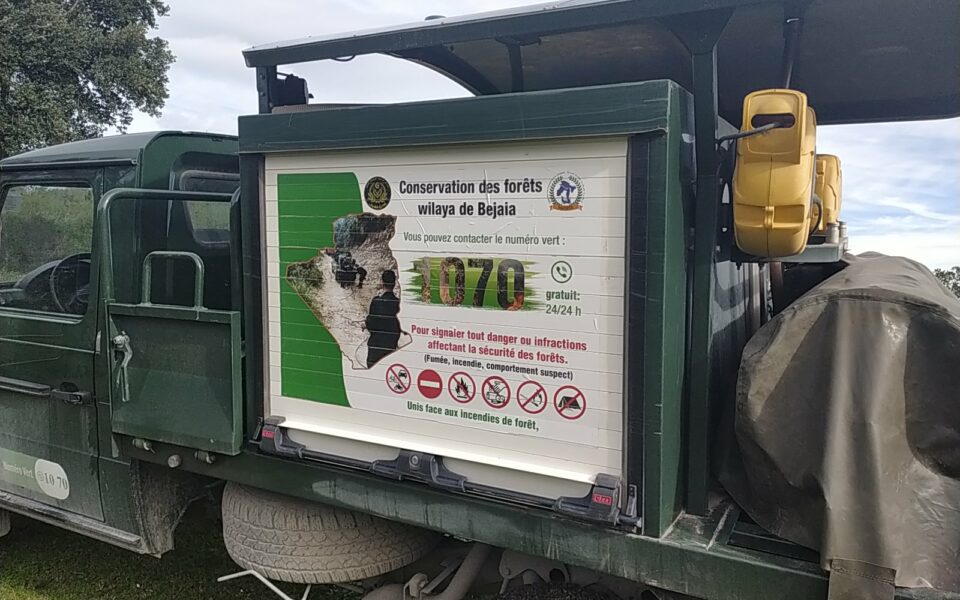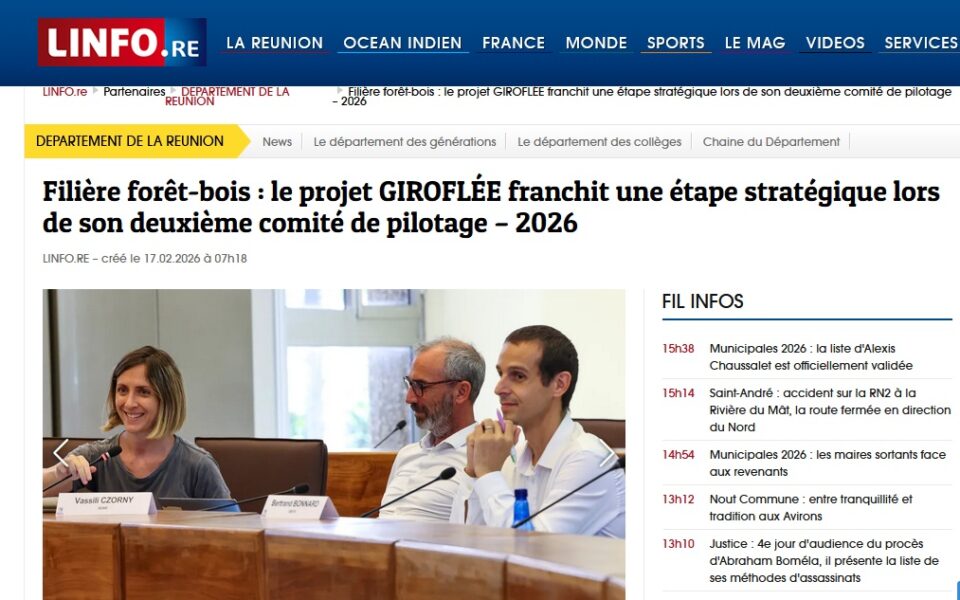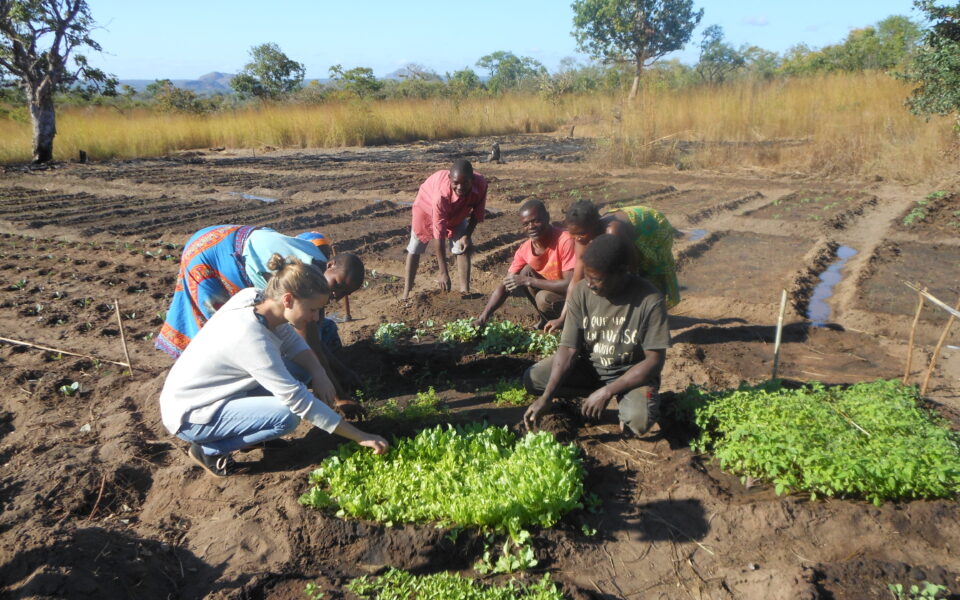News

15 November 2021
Project to combat desertification by supporting pastoralism in Ferlo
30% of the Senegalese population lives on livestock products, without managing to meet all the country’s needs (meat, milk, etc.). The semi-arid territory of Ferlo is enhanced by an extensive livestock farming system, characterized by shared access to space and resources. In recent decades, climate change, the extension of cultivated areas and various pressures on natural resources have greatly accentuated the desertification of this fragile pastoral territory.
The Ega Egga project supported the establishment and structuring of 26 pastoral units (PU) that constitute spaces for consultation between users of a territory to ensure collective management guaranteeing equitable and sustainable access to natural resources. The project also supported the networking of PUs through Federations and strengthened the technical skills of the actors as well as the diversification of economic activities in the area.
The evaluation confirmed the relevance of support to PUs to protect and maintain the fragile ecosystems of Ferlo in a participatory and equitable manner. This approach, recognized as integrated and innovative, contributes to supporting the emergence of a pastoral population that is more resilient to current and future climate and demographic challenges. However, there are still many challenges to scale up these approaches and sustain the functioning of existing PUs. For more information: https://www.avsf.org/fr/posts/859/full/pastoralisme-et-lutte-contre-la-desertification-au-nord-senegal
A lire aussi...

20 Feb. 2026
Mission à Béjaïa : vers un système intégré d’alerte précoce et de réponse rapide aux feux de forêt
Dans le cadre de notre appui à la Wilaya de Béjaïa, une mission de terrain s’est tenue entre Alger et Béjaïa afin de poser les bases d’un dispositif structuré de prévention, d’alerte et d’intervention face au risque incendie.

19 Feb. 2026
On parle de nos travaux dans le cadre du projet Giroflee – Gestion Innovante des Ressources Forestières pour une Energie durable dans la presse réunionnaise !
"Cette rencontre a marqué une étape à mi-parcours avec la présentation des résultats intermédiaires du projet, notamment la restitution finale de l’étude stratégique des acteurs et des flux de la filière forêt-bois réunionnaise réalisée par le bureau d’étude SalvaTerra. Cette étude a permis d’établir une vision consolidée de la filière en cartographiant ses acteurs, en analysant les flux existants et en identifiant les principaux leviers et enjeux économiques, techniques et organisationnels du territoire (...)".
